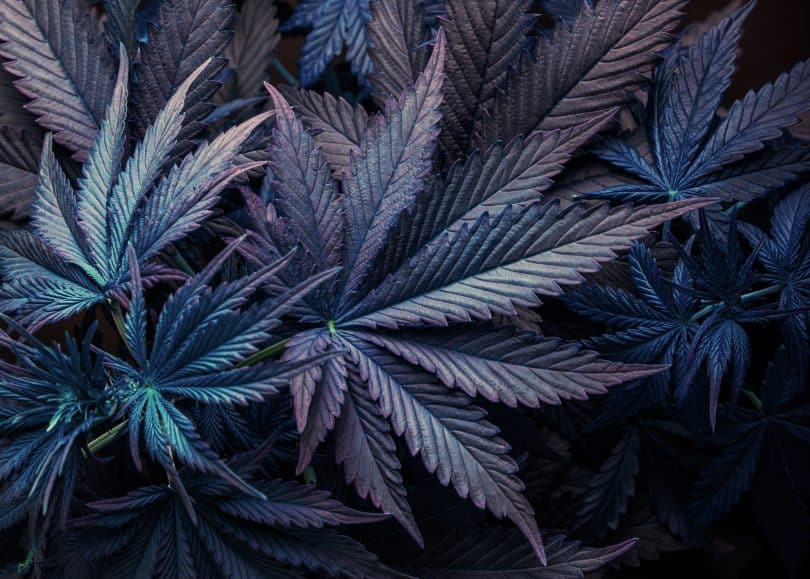Hexahydrocannabinol and Tetrahyrdocannabinol – two psychoactive compounds found in cannabis that are incredibly similar as far as chemical structure and effects; but also, quite different in many ways, such as how it metabolizes in the body, and legality. Let’s further explore the differences between HHC vs THC.
TL:DR
- HHC and THC are similar in potency
- The double bonds in HHC are hydrogen, rather than carbon like in THC
- HHC is “legal”, THC (delta 9 in particular) is not
HHC
Hexahydrocannabinols are another group of psychoactive cannabinoids that are very similar to tetrahydrocannabinols. HHC is basically a simplified version of Delta 9. Both HHC and Delta-9 THC have very similar molecular structures but with HHC, all the double bonds have been broken and replaced with hydrogen (AKA hydrogenation). It was discovered during research in the 1960s and 70s in which the goal was to find the most basic cannabinoid-like substances that could still bind to CB receptors.
There is a biologically active naturally occurring (−)-hexahydrocannabinol, as well as its synthetic enantiomer (+)-hexahydrocannabinol. The natural HHC is known scientifically as 6aR,9R,10aR-Hexahydrocannabinol, and it’s a trace compound that can be extracted from cannabis pollen. The synthetic variety which goes by the chemical formula 9-Nor-9β-hydroxyhexahydrocannabinol, can be found in spice.
Other Types of HHC
In addition to the natural and synthetic HHCs, a couple of more potent analogues and isomers that have been created (such as HHC-O, which is the acetate version of HHC, and HHC-P which is the carbon version), and the topic of creating chain lengths and combinations like HHC-V, HHC-B, and HHC-H is of growing relevance. These are the same chain length variations we see in all the different THCs.
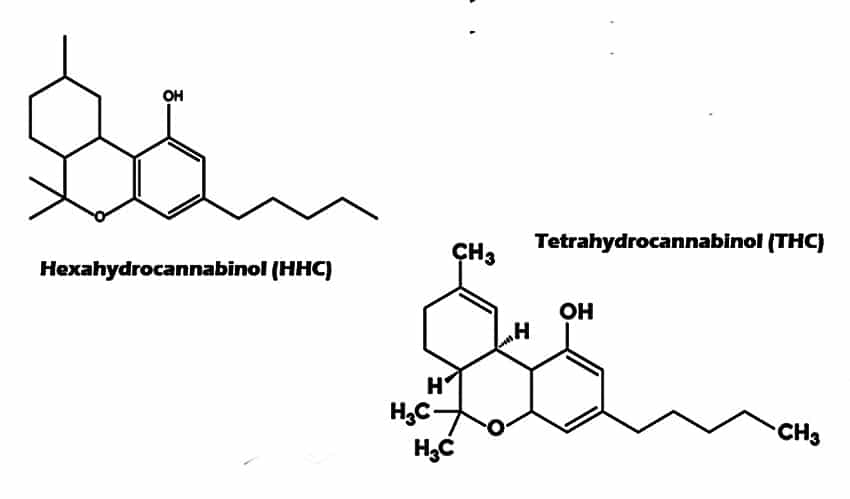
Most HHC products on the market are synthetic, but in this context, “synthetic” can mean one of two things. First, synthetic cannabinoids can be compounds that do not exist in nature and must be created in a lab, like THC-O. A synthetic can also be a cannabinoid that does exist in nature, but in such low amounts that it wouldn’t really make sense to extract it, as you would need a ridiculous amount of plant matter to do so. In such cases, it must be synthesized in a lab. This is very common with Delta 8 THC products.
We’re seeing a small influx of new, HHC-P products, hitting the store shelves, but it’s close to impossible to find any information about this cannabinoid that comes from a neutral, fact-based party rather than from the companies who are selling it. It’s likely because, the companies selling the compounds are also the ones who are creating them in the first place, and no one else really knows about these compounds or has had the opportunity to study them yet.
THC
THC, or tetrahydrocannabinol, is the primary psychoactive compound in cannabis responsible for the “high” we all know and love. THC is secreted by the resin glands, or trichomes. There are three types of trichomes: bulbous, capitate-stalked, and capitate-sessile, and they are found all over the flowers.
THC acts similarly to the cannabinoid-type chemicals made naturally by the human body (endocannabinoids), which is why it can be useful in the treatment of so many different conditions. Cannabinoid receptors 1 and 2 (CB1 and CB2) can be found throughout body and they make up part of the larger endocannabinoid system. Collectively, these receptors and the compounds that interact with them contribute to many of our most important physical and psychological functions including learning and memory, emotional processing, sleep, temperature control, pain control, inflammatory and immune responses, and eating.
Because THC attaches to these receptors directly, whereas CBD interacts with other receptors that then engage the ECS, it’s believed that THC might be the most beneficial compound in the cannabis plant.
Other Types of THC
There are many different types of THC including natural ones such as Delta 8 and 9, synthetic ones like Delta 10 and THC-O, and trace ones that include THC-P, THC-H, and THC-B. We also have THCA, which exists in the raw plant and is a precursor to all other tetrahydrocannabinols. And there is also hydroxy-11 THC, a metabolite formed by our bodies during the digestion of tetrahydrocannabinols (when we use edibles).
Drug Testing: HHC vs THC
THC, in all of its forms, does show up on drug tests. That’s because, contrary to popular belief, standard urine tests don’t screen for the THC (tetrahydrocannabinol) in cannabis, but rather, they detect the metabolites created by the human body when we are exposed to THC. This class of metabolites is known as THC-COOH. These metabolites are nonactive, so drug tests are only measuring exposure, NOT impairment. Marijuana impairment cannot be detected through any kind of test thus far.
THC-COOH, or “carboxy THC” is the most common name for this metabolite. It’s the second THC-metabolite formed in our bodies, following hydroxy-THC, immediately after exposure. THC-COOH is lipid-soluble, meaning it’s stored in our fat cells making it detectable in our systems for much longer than other substances, those that are water soluble for example.
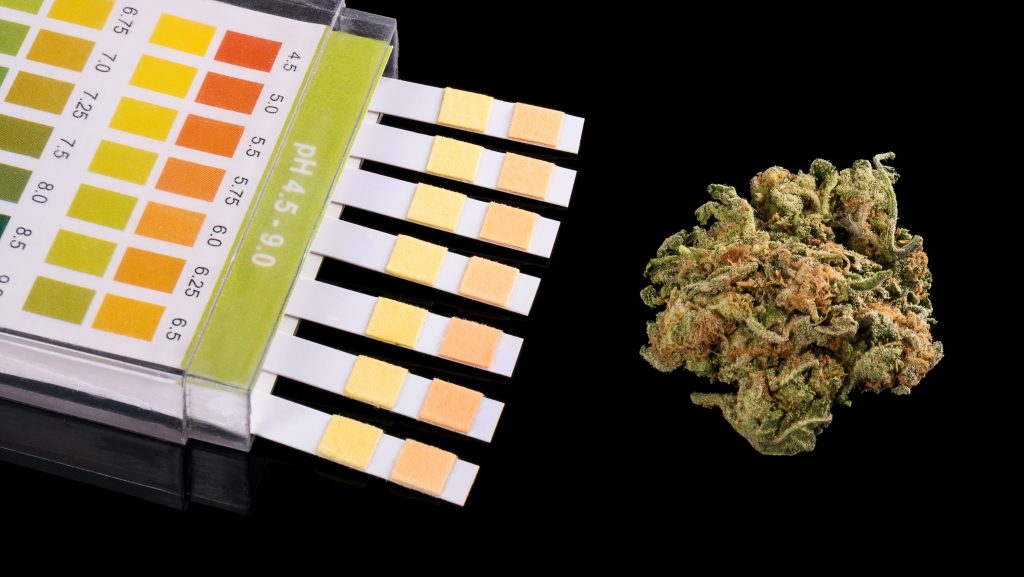
So, what about HHC? Short answer, it’s hard to say. Anecdotal evidence as well as numerous first-hand accounts I found online claim that it does NOT trigger a positive. However, I have not tested this myself, nor have I been able to find any official research or documentation on the matter.
That being said, there is also a strong possibility that even if HHC doesn’t make you pop on a test, your product could contain traces of other compounds that will, such as Delta 8 or Delta 9 THC. If you have anything important riding on your drug test, it’s best to abstain from all cannabis products to be on the safe side.
Legality
When it comes to the legality of both THC and HHC, it’s a little bit complicated. Delta 9 THC is largely illegal, federally and in most states. This is because it’s the most abundant psychoactive compound in marijuana, which is the legal classification for cannabis varieties containing more than 0.3% THC. However, when delta 9 THC is derived from hemp, it is considered legal, or at the very least, it falls into a legal grey area where many products containing it manage to slip under the radar.
This applies to HHC as well. Because it’s extracted from hemp or cannabis pollen, it falls under that legal loophole created by the 2018 Farm Bill. HHC is also one of the few compounds that is completely unregulated in Europe, and it seems to be an emerging market in certain countries, such as Spain and Germany.
A Few More Notes on HHC vs THC
One of the most common questions when it comes to HHC vs THC, is which one is stronger? Well, that’s not always a straightforward answer when it comes to cannabis compounds. Let’s start with the fact that everyone’s bodies are different, so the way cannabinoids affect them can vary greatly. HHC is still a lesser-known compound, so probably the majority of cannabis users prefer THC products. However, a growing number of consumers are showing interest in HHC, as well as blended products containing two or more different types of hexahydrocannabinols and tetrahydrocannabinols.
Conclusion
As you can see, when it comes to HHC vs THC, the differences are mostly minor, aside from the possibility of HHC not showing up on a drug test, which cannot be said with 100% certainty anyway. Overall, they are built similar and have similar effects in the human body. To enjoy both, check out a few fun products below.
HHC and THC Products
To stay current on everything important happening in the industry, as well as gain access to deals on cannabis flowers, vapes, edibles, and much more (various cannabinoids to choose from), make sure to subscribe to The Cannadelics Weekly Newsletter. Enjoy responsibly!
Few examples for HHC and THC Products
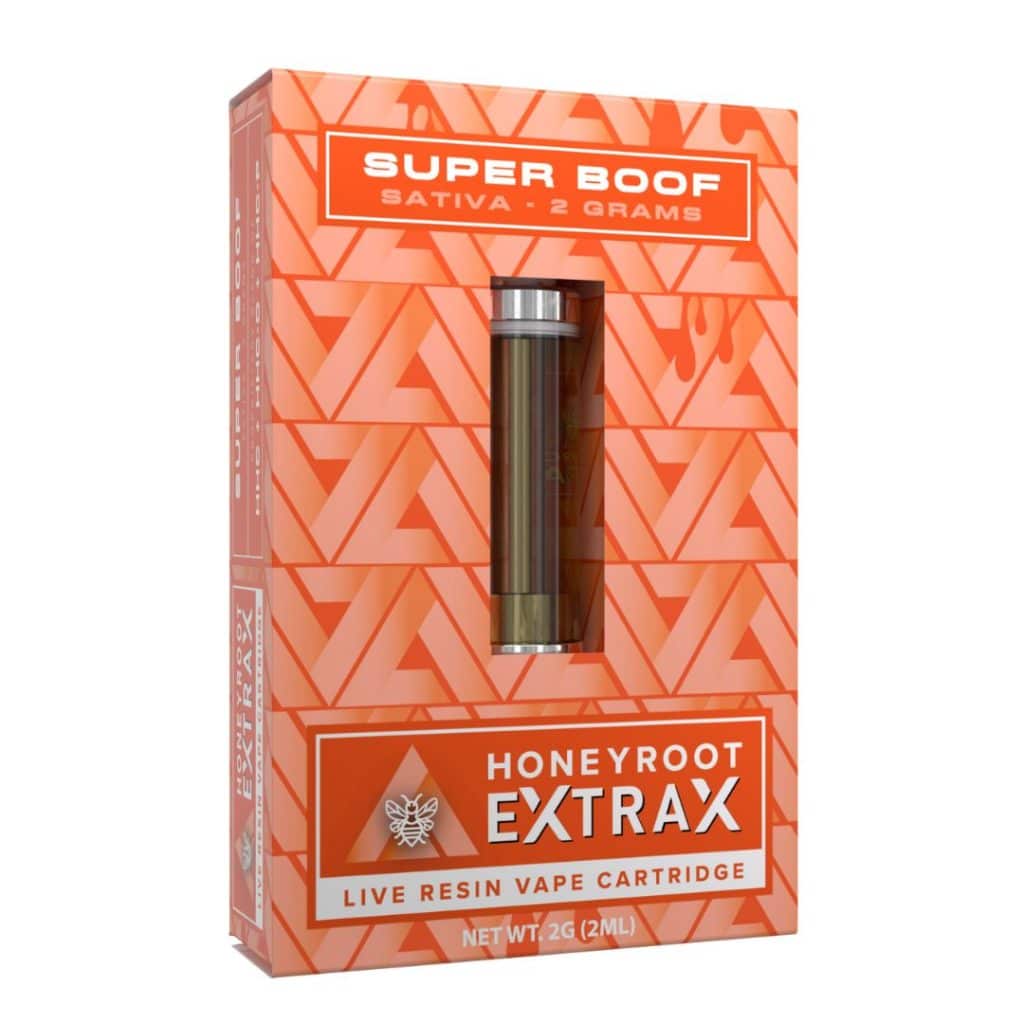
The honeyroot extrax collection is the perfect way to try all of the different hexahydrocannabinols at the same time. You get your choice of 2-gram carts or 2-gram disposables in a variety of different flavors/strains! The carts come in super boof (sativa), wedding crasher (indica), and platinum cookies (sativa). For the disposables you can pick thin mint OG (hybrid), super sour diesel (sativa), or banana kush (hybrid).
3,000mg Delta 8 THC Sour Belts
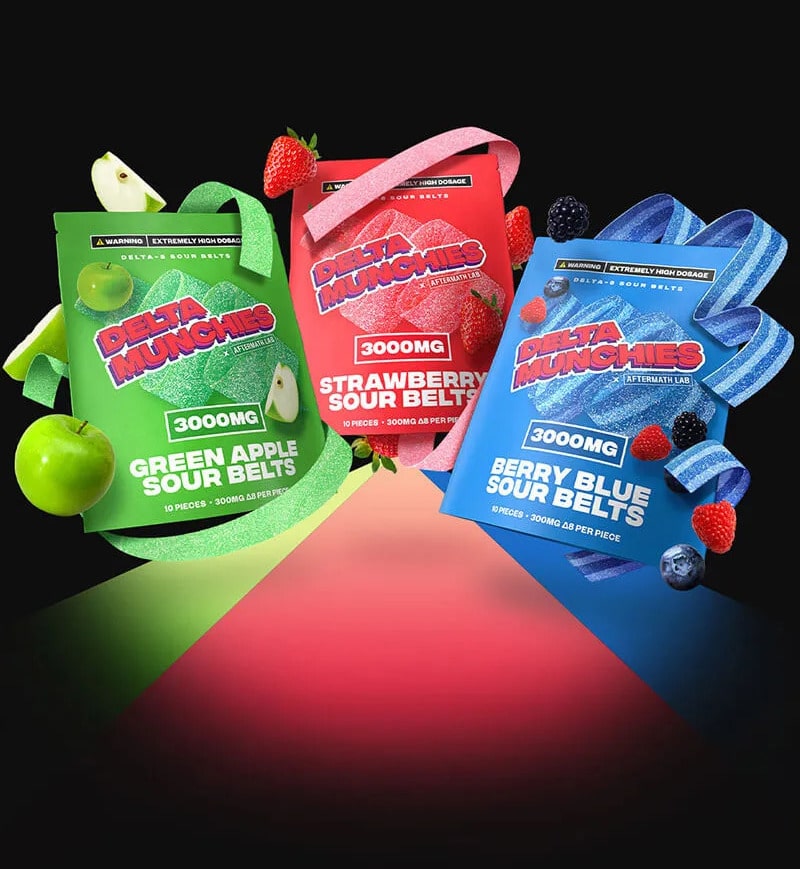
First things first, know that these treats are very potent. The entire sour belt has 3,000 mg of Delta 8 THC, 300mg per serving. So definitely keep in mind that these are for seasoned users. Three different flavors to choose from: apple, strawberry, or berry blue. This is a limited time product, so don’t miss out!
THCP & HHC Fruit Chunks – 1500mg of total cannabinoids

These gummies are potent! And they’re the perfect adult treat for Halloween. The jars contain 50 gummies, each with 30mg of cannabinoids, totaling 1500mg per bottle. Three different flavors to choose from: pineapple, papaya, and mango.
Hello readers! We appreciate you joining us at Cannadelics.com, a top choice news platform for independent coverage of the growing cannabis and psychedelics landscapes of today. Come by the site whenever possible for updates on current and world-changing events, and head over to the Cannadelics Weekly Newsletter, so you’re always up on what’s going down.


